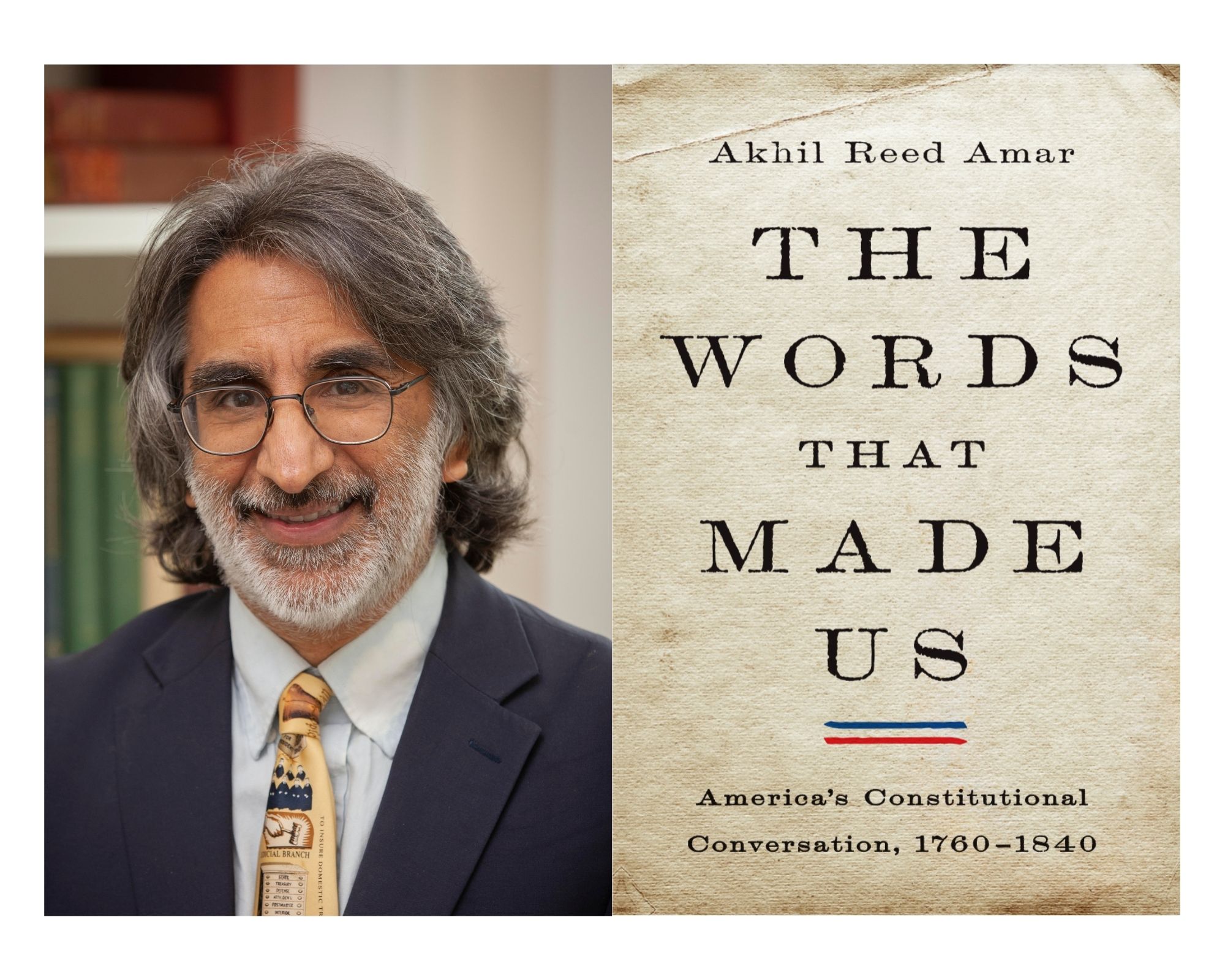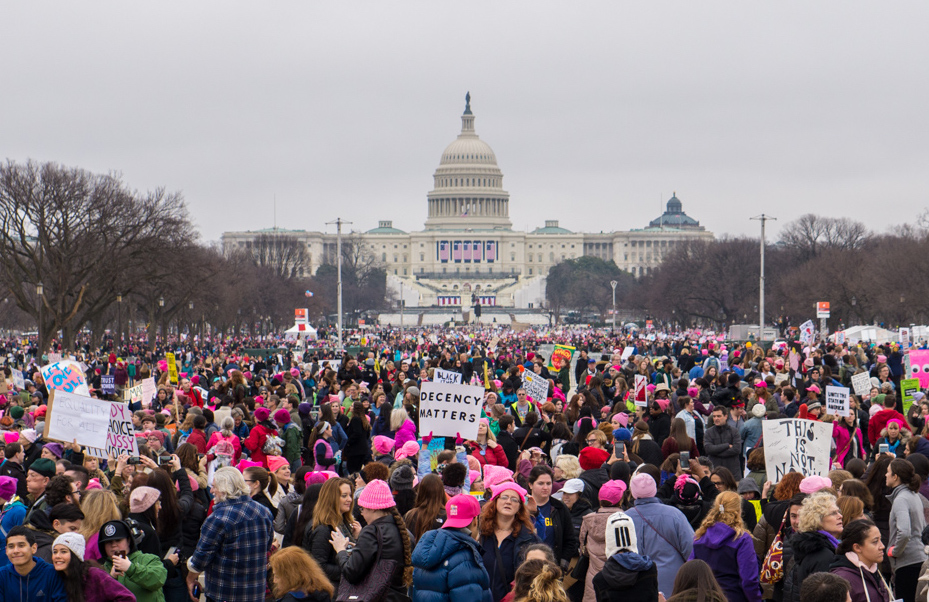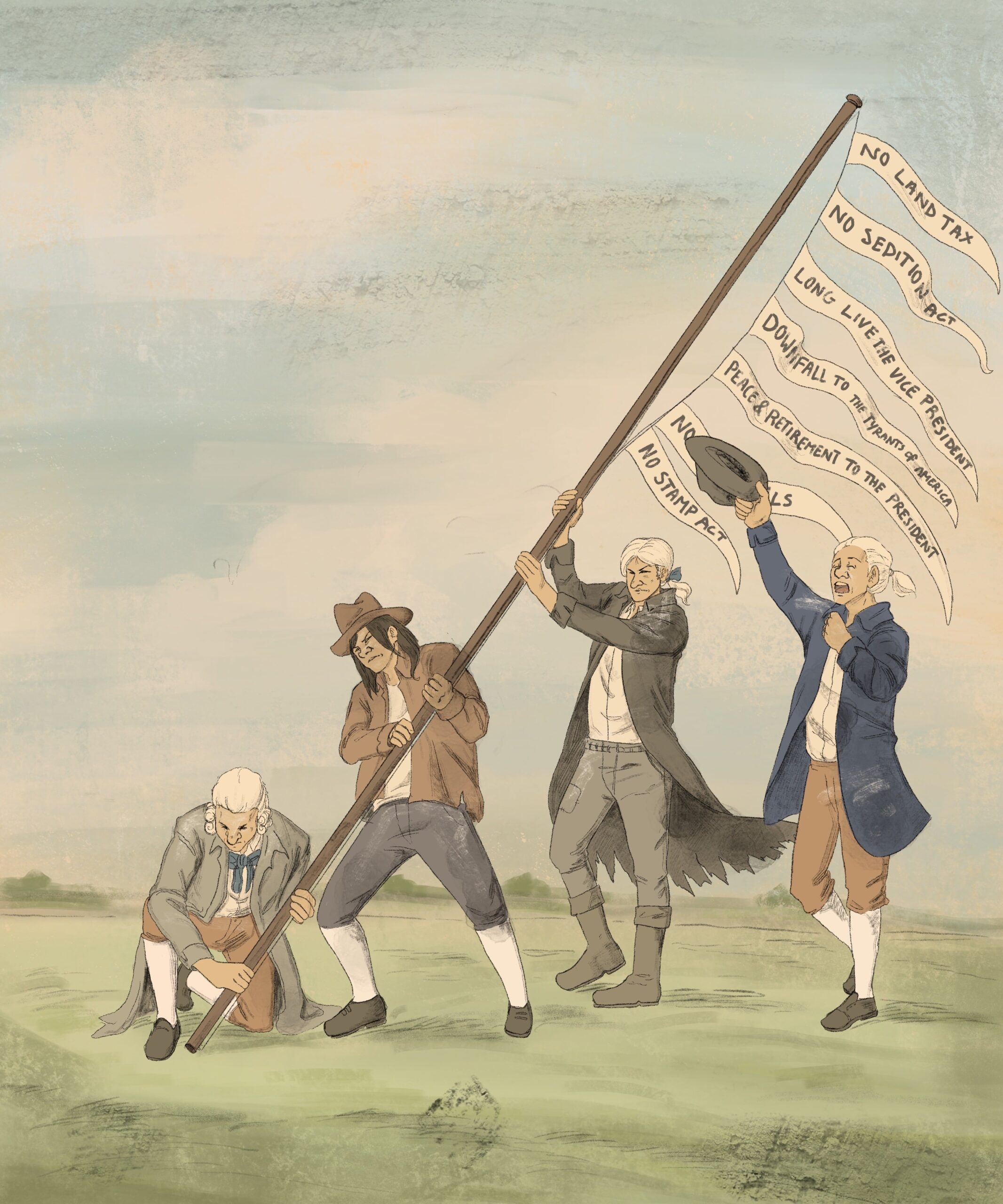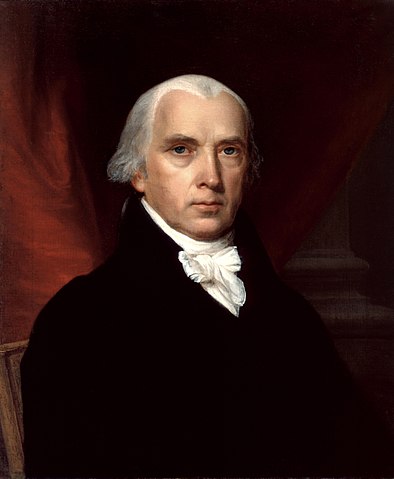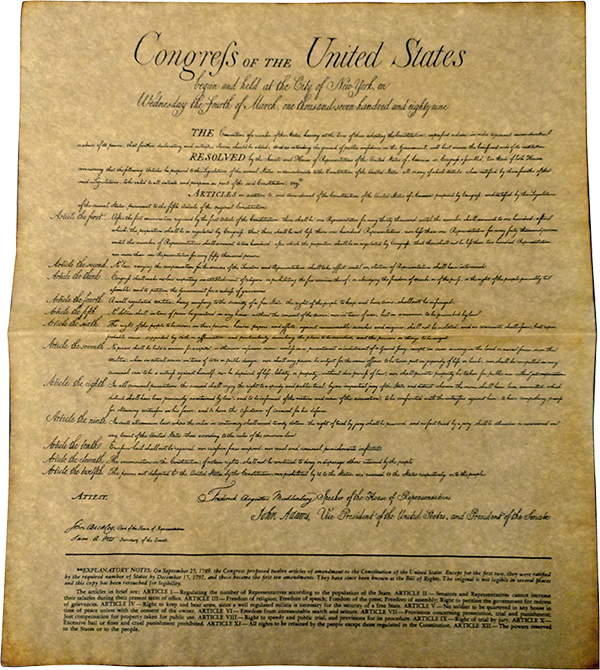Akhil Reed Amar: “The Words that Made Us: America’s Constitutional Conversation, 1760-1840”
In his newest book, The Words that Made Us: America’s Constitutional Conversation 1760-1840, Yale law professor and constitutional historian Akhil Reed Amar tells the story of the first 80 years of democratic debate in the United States. This excerpt focuses on the origins of America’s newspaper culture and the central role it played in forming our democracy.
Sign up to Receive an Excerpt of Yale Law Professor Akhil Amar’s Book “The Words That Made Us”
In his newest book, The Words that Made Us: America’s Constitutional Conversation 1760-1840, Yale law professor and constitutional historian Akhil Reed Amar tells the story of the first 80 years of public debate in the United States. This excerpt focuses on the origins of America’s newspaper culture and the central role it played in forming our democracy.
Teacher Guide: The Right to Peacefully Assemble
This teacher guide examines the role peaceful protest has played in United States history, how the law evolved to ensure greater protections for protest, and contemporary threats to assembly rights. It includes information about the civil rights movement, major court cases, and the philosophy of civil disobedience.
Teacher Guide: The Sedition Act of 1798
The Sedition Act of 1798 was the first great test of the First Amendment’s protection for the freedom of speech and press. Under the new law, Americans could face up to $2,000 in fines (nearly $42,000 in 2020 dollars) and two years in prison for criticizing a public official. Passed only seven years after the ratification of the Bill of Rights, the Sedition Act forced the young country to decide not just whether it was truly dedicated to freedom of speech, but also what that idea would even mean in a democratic republic.
Teacher Guide: Why is James Madison’s Defense of Freedom of the Press Critical Today?
Public officials of all political stripes throughout American history have accused the press of false or biased reporting. President Donald Trump, for one, has accused some news organizations of publishing "fake news" about his administration. This is an opportune time for educators to reach back to James Madison for what may be the most powerful defense of freedom of the press written by any American.
Madison-Jefferson Letters on Advisability of a Bill of Rights, 1787-1789
Although he later became the primary author of the Bill of Rights, Madison expressed serious doubts about the wisdom of amendments securing rights. Among other reasons, Madison believed that state bills of rights were little more than “parchment barriers” that were often ignored by “overbearing majorities in every State.”
